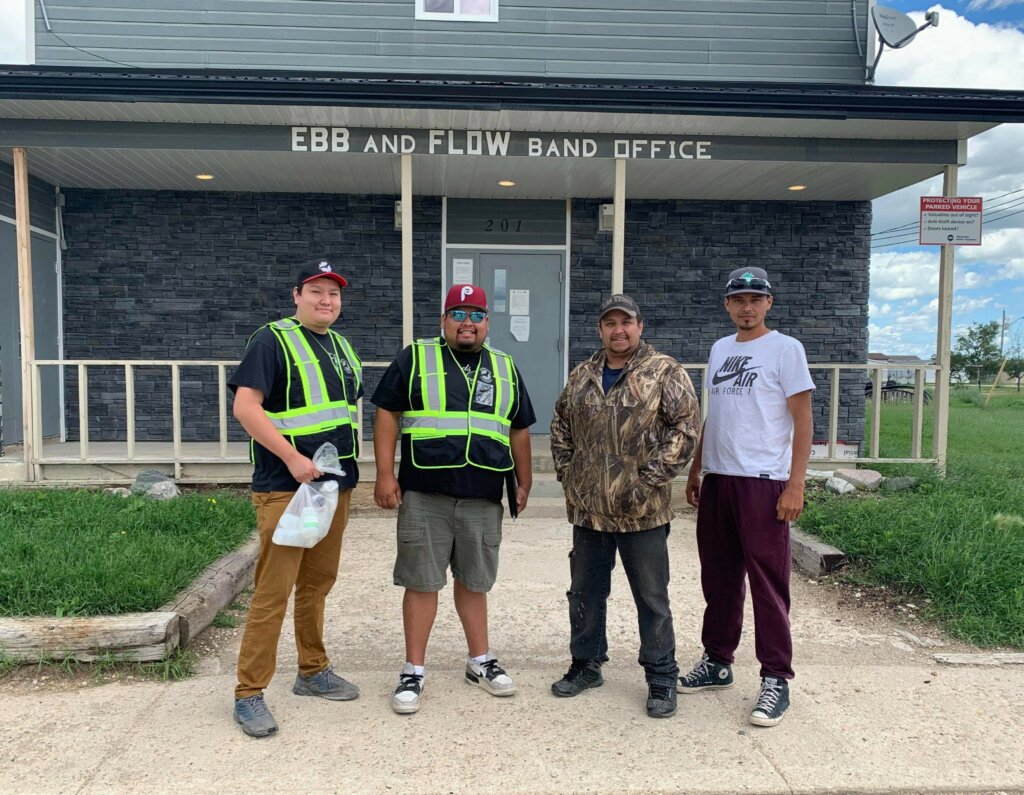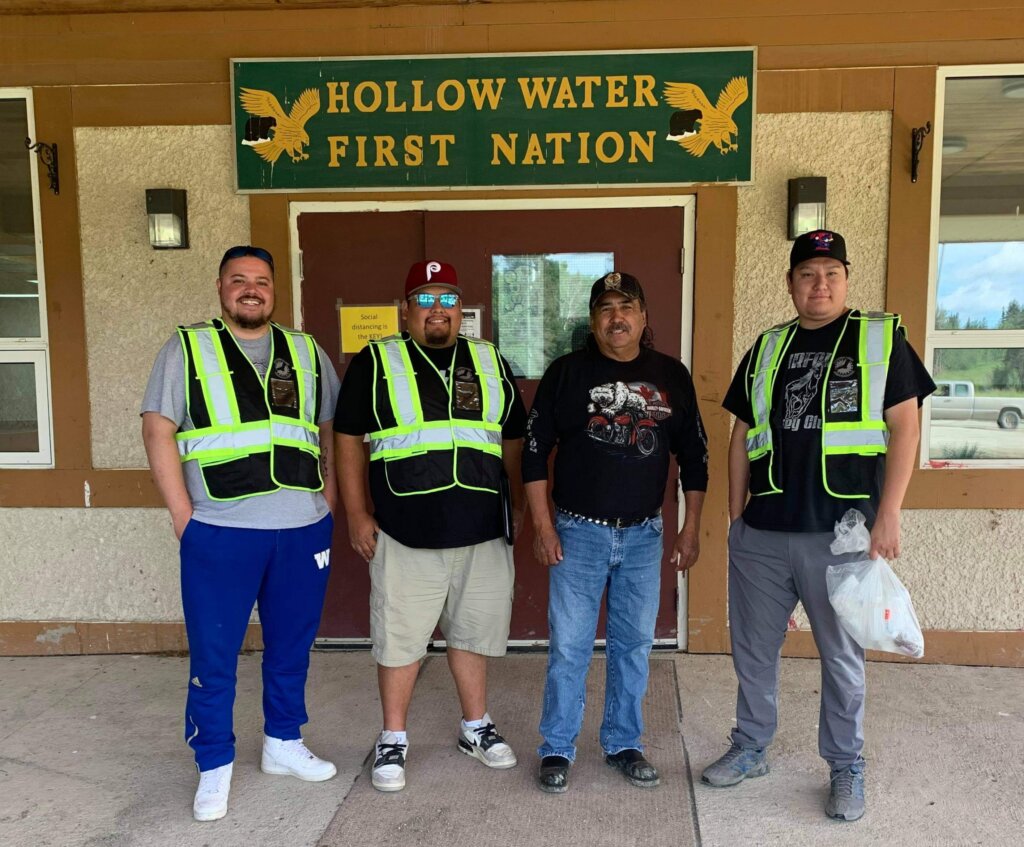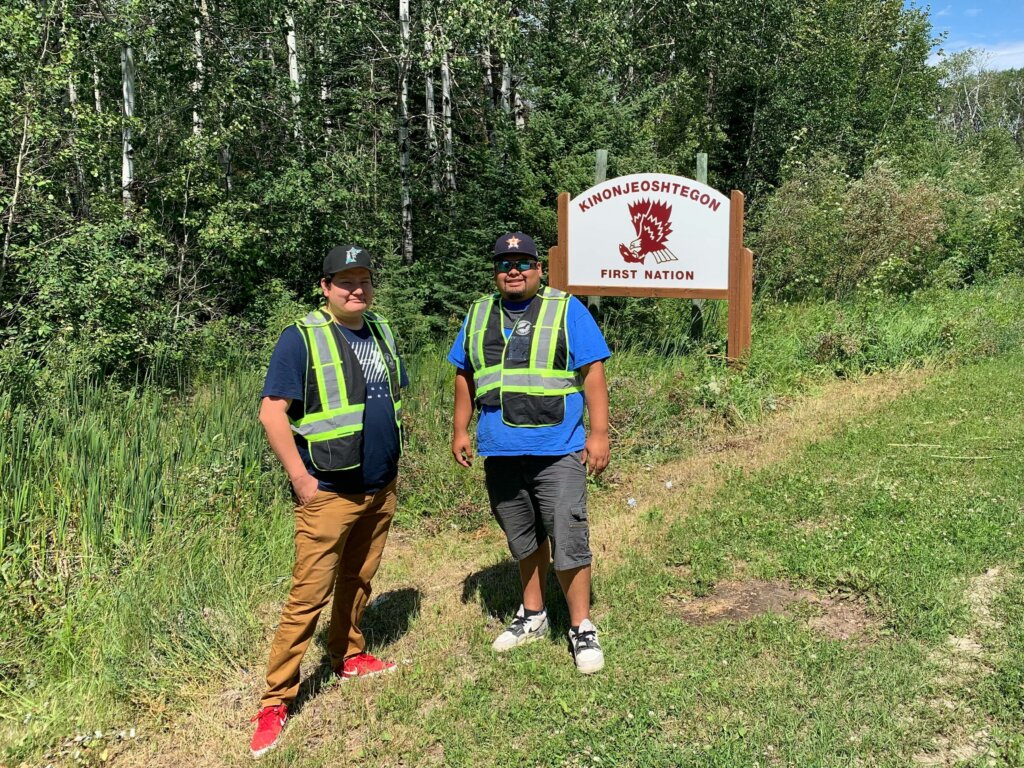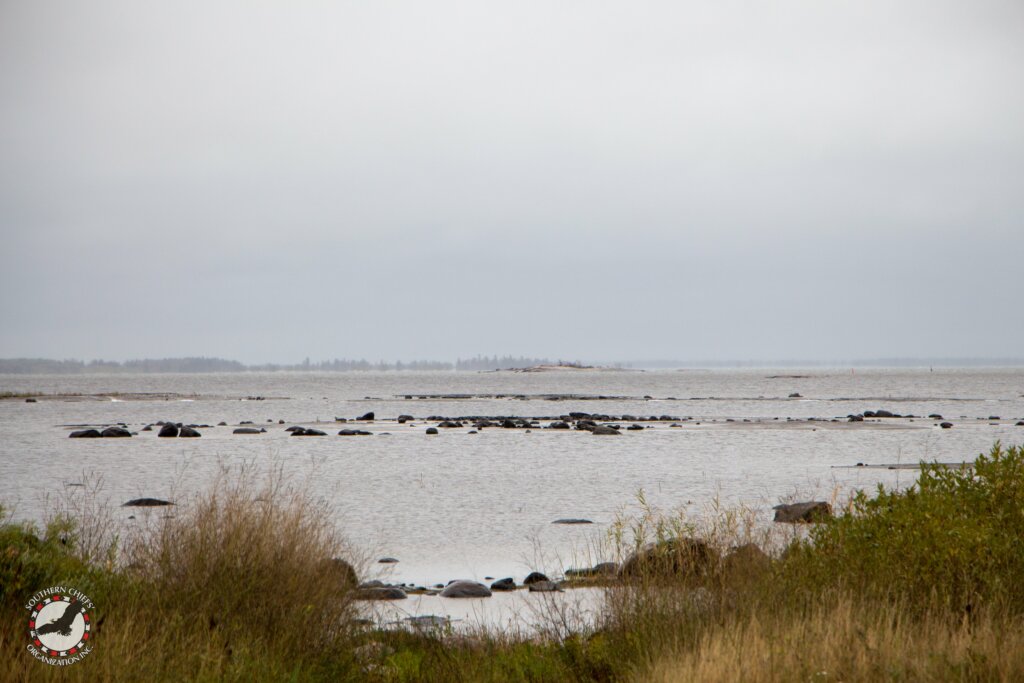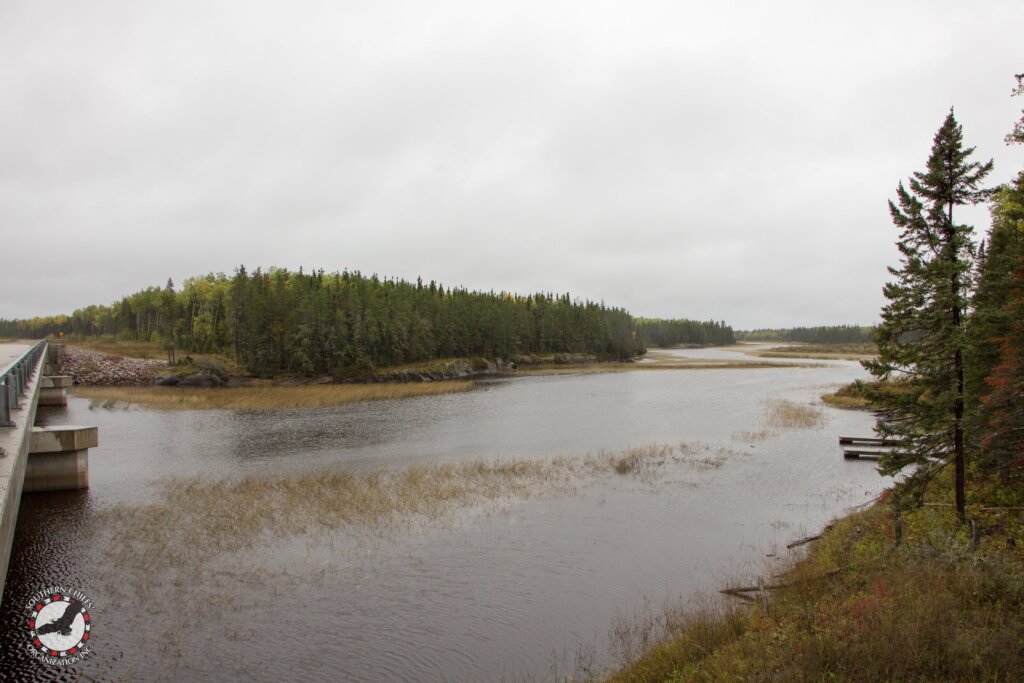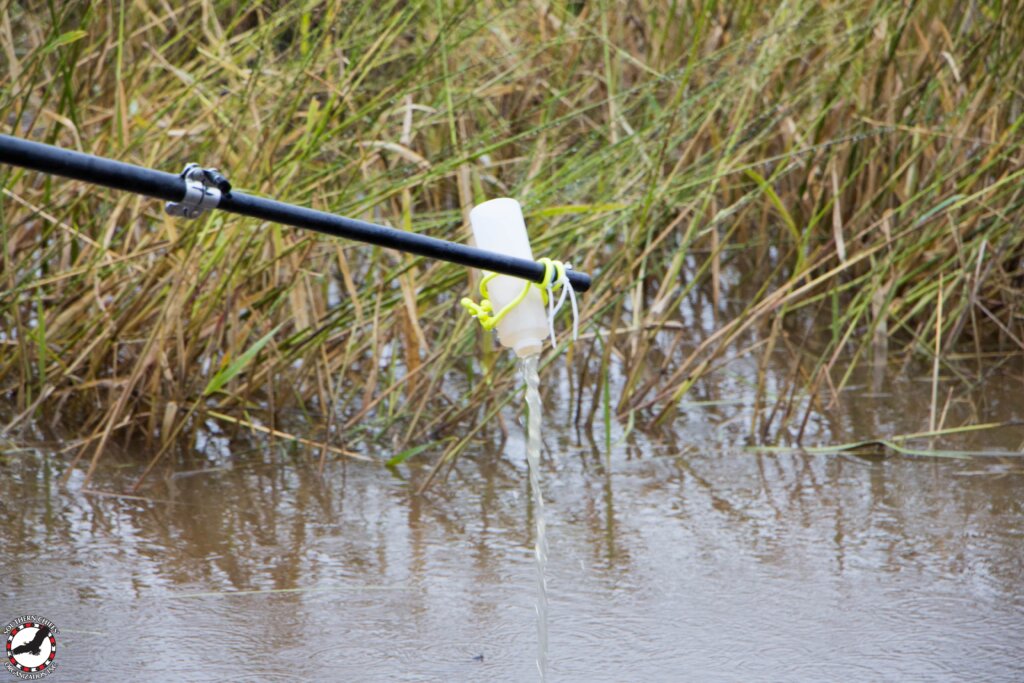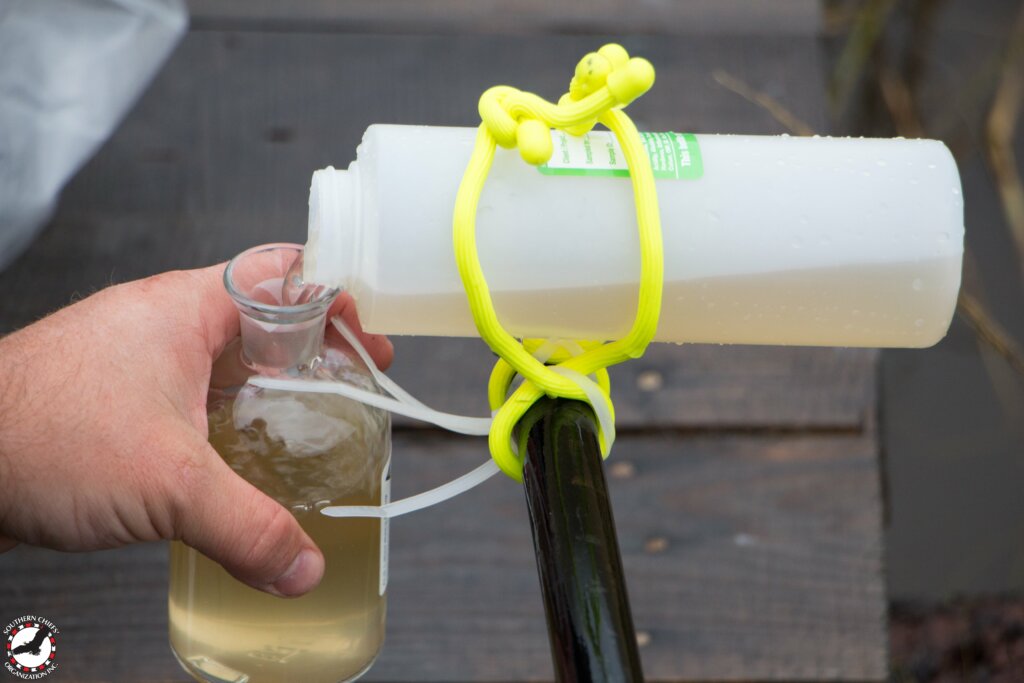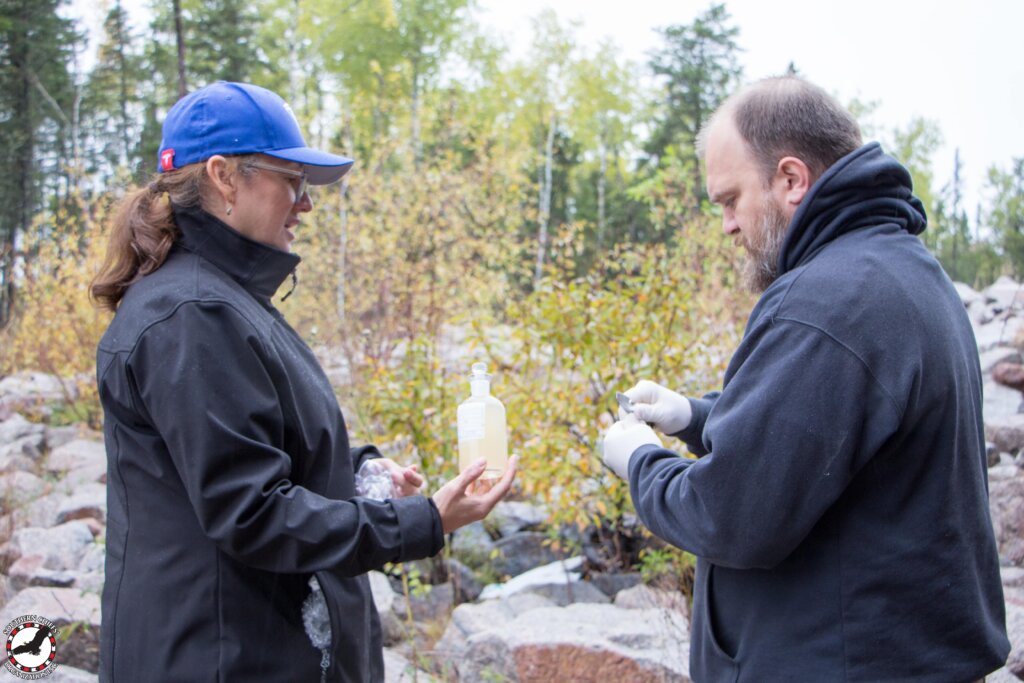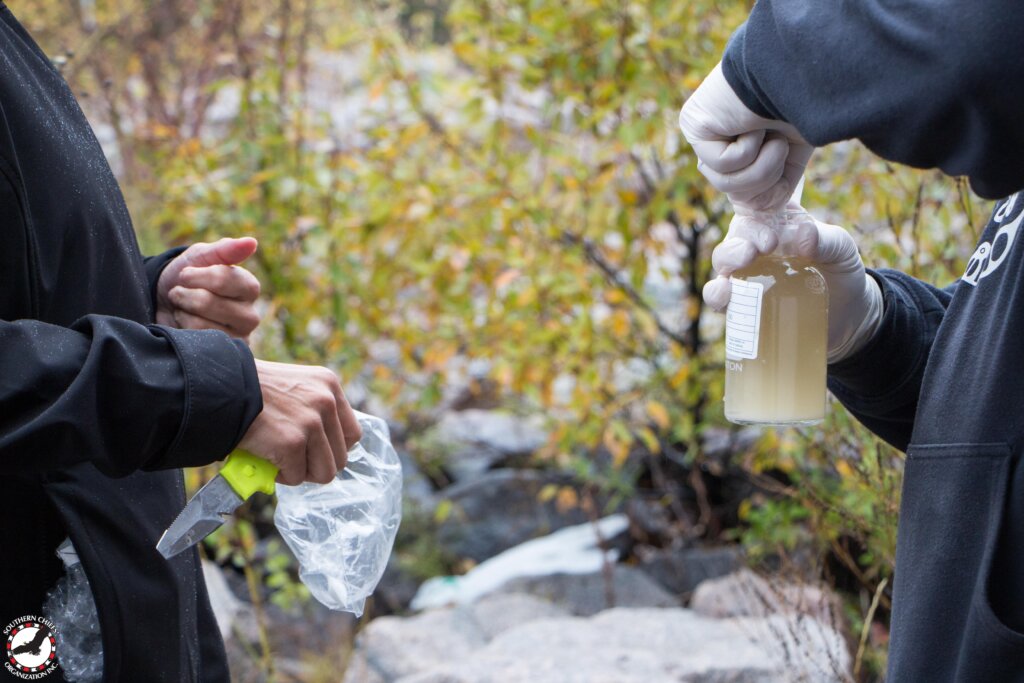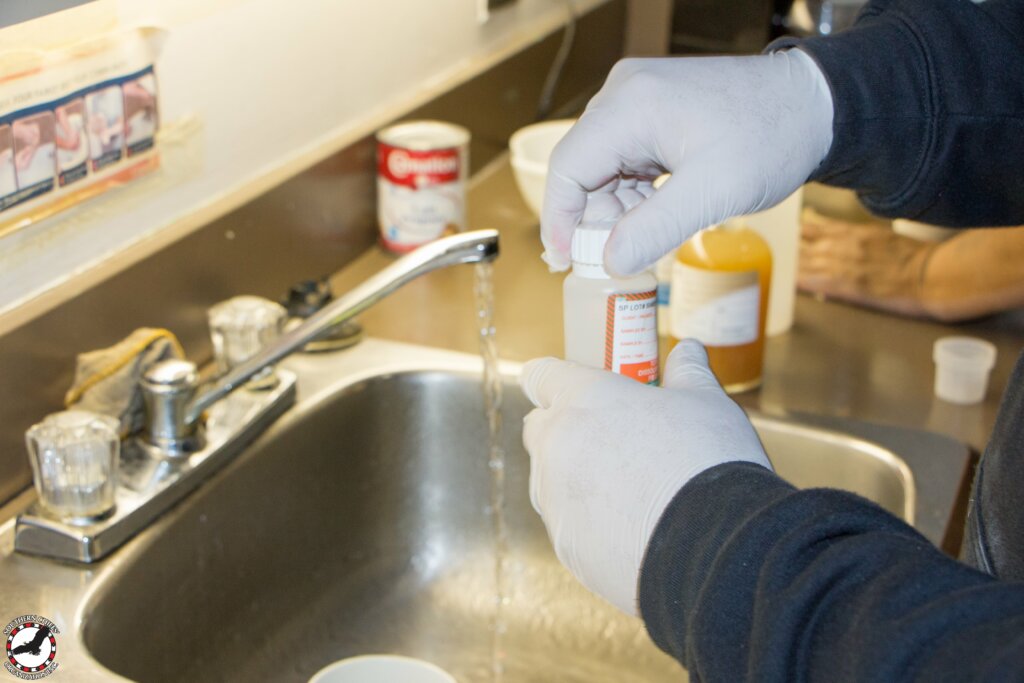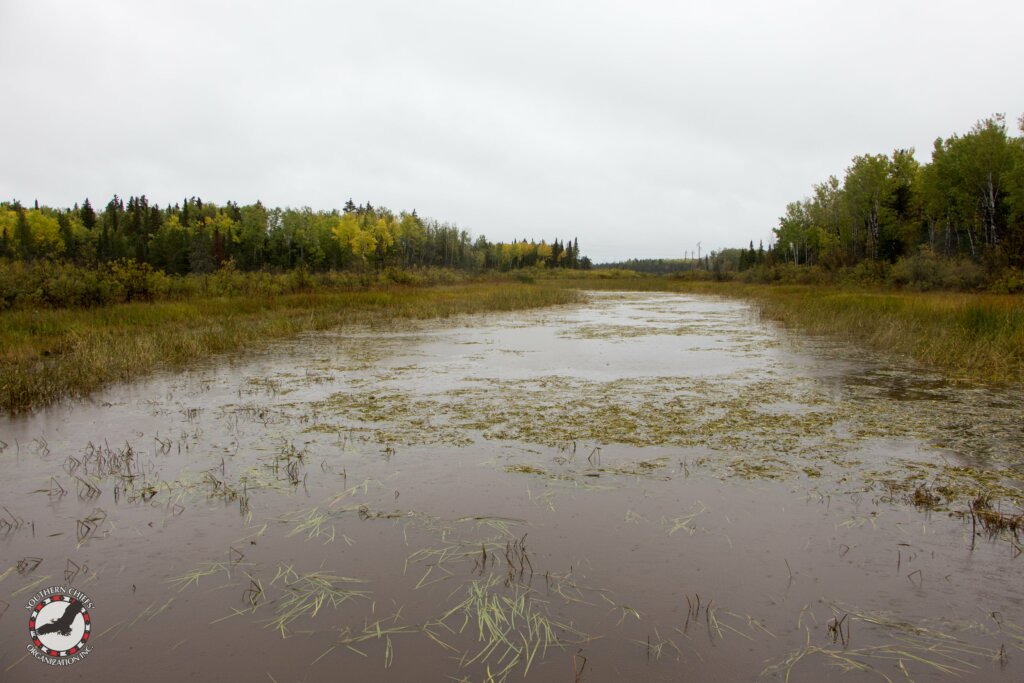Water is sacred and plays an essential role in the sustainability of life on our shared planet. Due to generations of displacement from our lands, poor infrastructure, and systemic neglect, First Nations have become the most vulnerable peoples in Canada when it comes to water quality and access.
First Nation people living on reserve are 90 times more likely to have no access to running water in comparison to non-Indigenous people in Canada. Chronic and inadequate underfunding, lack of regulation, and a shortage of resources to support water management have resulted in a prevalence of water-borne diseases in First Nation communities that is 26 times higher than the national average.
Water and the Importance of Water Testing
To help address these issues and for our safety, we must monitor our water to ensure its cleanliness and potability. To assist in the research and data collection, the Southern Chiefs’ Organization (SCO) has developed a comprehensive Water Testing program.
This program is a continuation of the water testing project initiated by the Chiefs of the southern First Nations in 2019.

The goals of this program include:
ESTABLISH A BASELINE – Compiling technical and historical water testing data to establish a baseline data set of water quality parameters for water sources relied on and affecting southern First Nations.
DATABASE– Developing a database of water quality information for use by SCO member First Nations.
WATER MANAGEMENT – Collecting data and information to help inform First Nation Leadership and decision-making regarding water management issues from a regional and watershed approach.
RESEARCH-LEVEL MONITORING – Establishing a water sampling process that delivers results that can be used by academics and researchers to support First Nations in their positions relative to water and environmental rights.
SCO has developed strict Environmental Monitoring Standards regarding:
- Development of Standard Operating Procedure documents
- Data collection
- Chain of custody procedures for water samples
- Sampling procedures
- Equipment calibration and operation
- Development of Site Monitoring Plans
- In Field Monitoring and testing of baseline water quality parameters using laboratory grade field testing equipment – Pro DSS
SCO’s water quality testing program is at par with or better than any environmental consulting company in Manitoba.
SCO can develop a water testing program specific to your community to help analyze and address water quality concerns affecting water sources and the environment.
For more information, please contact Geoff Reimer.
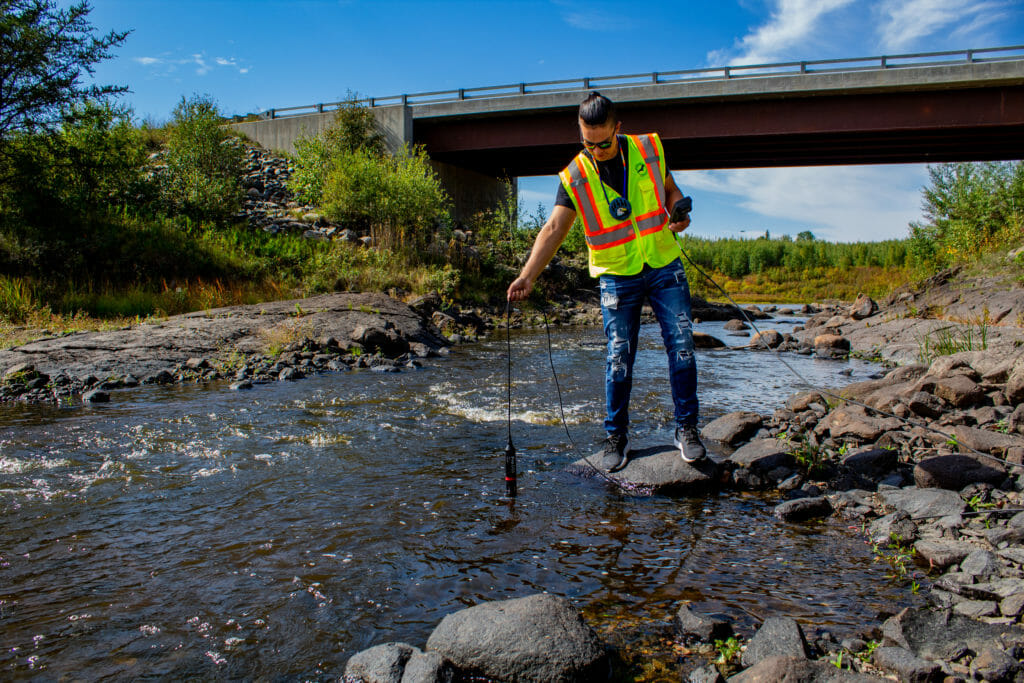
SCO-member First Nations will be able to use the results in the database to inform the decision-making process around water and its usage in their own region. Not having full information on water quality, combined with the exclusion of First Nations from the decision-making process, has led to harmful nutrient increases in our water. Nutrients in water are important, but when they exceed certain levels, they can create water quality problems including water that is not healthy to drink, algae bloom growth, reduced oxygen, and toxicity that is harmful to aquatic life. Our team tests for dissolved oxygen, e-coli, total coliform bacteria, phosphorus levels, and total metal content in the water.
All data is collected under OCAP principles and belongs to the Anishinaabe and Dakota Nations where it originated, and those Nations will have access to it in a protected database that will be owned by them. The long-term goal of this project is to improve quality of First Nation water sources by informing leaders, strengthening partnerships, and promoting collaborative water governance in the region.
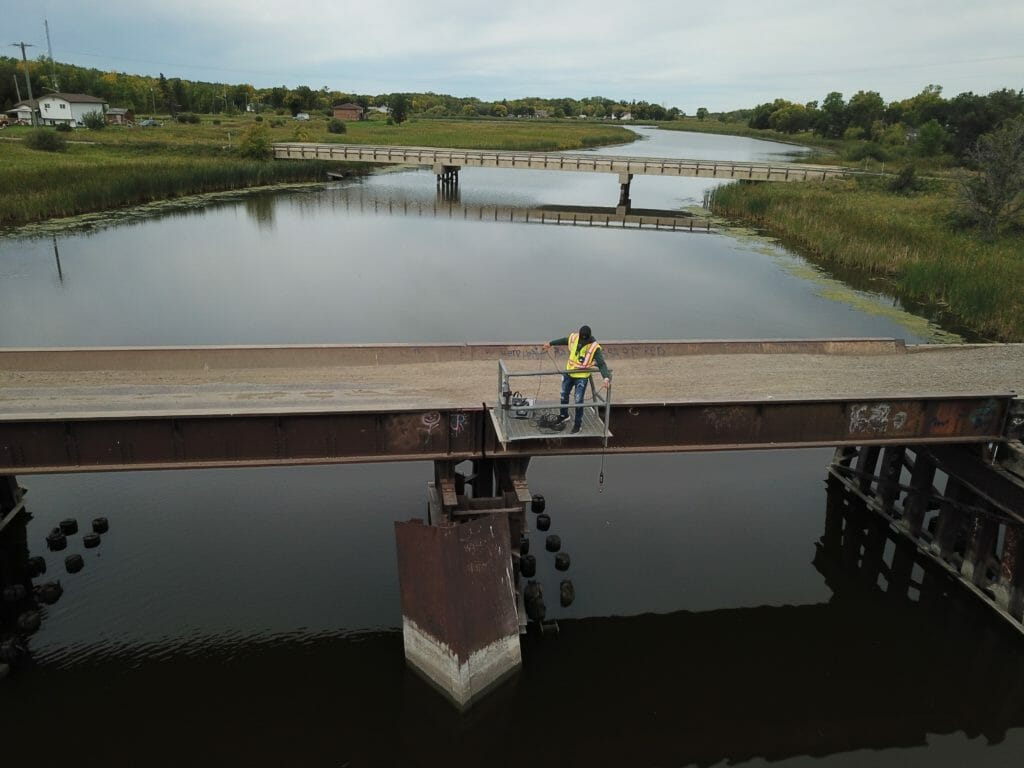
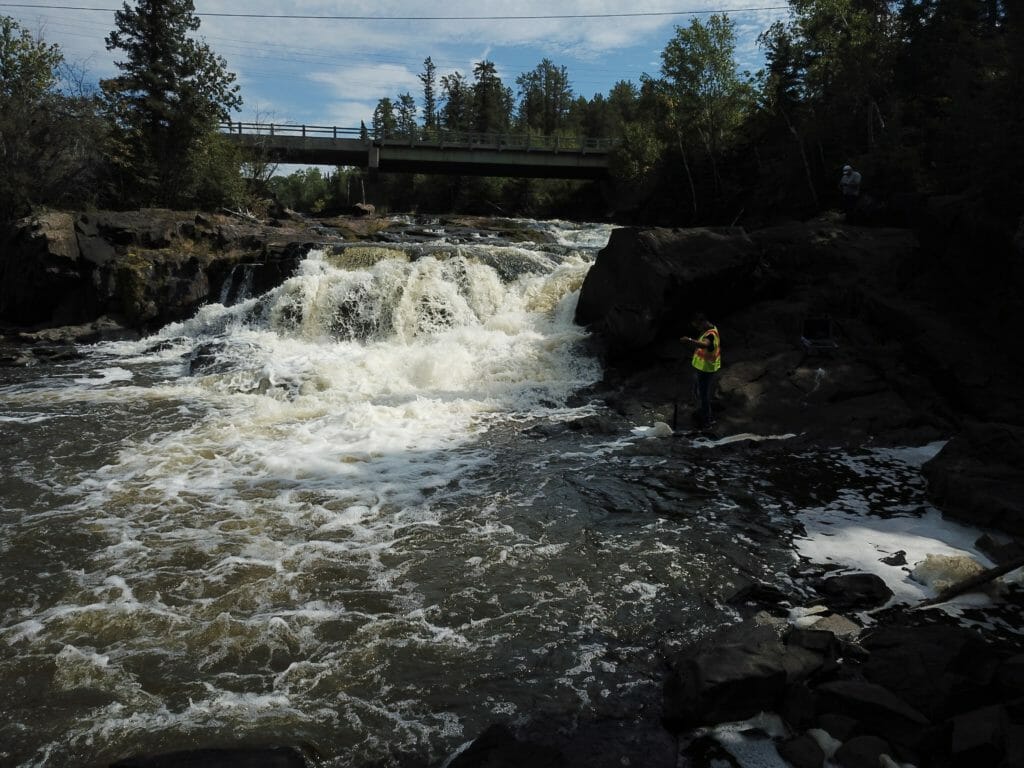
Development of a First Nation-Led Water Authority
The Water Testing project is SCO’s initial step in the development of a First Nations led Water Authority that will eventually deliver safe, clean drinking water and wastewater treatment services to participating SCO member First Nations.
The proposed Water Authority development and planning will involve the formation of an appropriate governance structure that embraces Anishinaabe and Dakota cultures and brings this perspective to the Technical Operational components of running a water utility.
The Water Authority will be First Nation community-centric where First Nation needs are the priority and this will be reflected in:
- Culture as the foundation of the Authority
- Two-Eyed Seeing approach – an integration of western science with Traditional Knowledge
- Strong integration of Elders, Women as Water Keepers, and First Nation youth in the governance structure throughout the development stage and within the structures themselves to ensure ongoing participation and influence
- Institution Building – a First Nation designed and managed institution using:
- Fairness and transparency in governance
- Easy access to good information
- Confidentiality and ownership of information by First Nations
- Accountability
- No First Nation left behind – services that close the gap between on and off-reserve First Nation people
- Devolving the role of Indigenous Services Canada – full First Nation ownership and operation of the Water Authority through the development of a strong First Nation-based governance and operational structure, establishing a new relationship with Canada, Manitoba, and First Nations.
The Water Authority will have an initial focus on ownership and operation of drinking water and wastewater facilities, with an eventual focus on larger watershed health.
SCO is in Phase 1 of the Water Authority development stage and is engaging its member Nations, communities, Elders, and leadership for guidance and advice in the evolution and implementation of the Water Authority.
Watershed Management
Historically First Nations have not been at the table when watershed management decisions were made, much to the detriment of First Nation people and even though First Nations often bear the brunt of flooding and degraded water quality resulting from development decisions within the larger watershed.
In order to inform watershed governance organizations of First Nation concerns, SCO is a participating member in local, provincial, national and international watershed groups tasked with watershed management and governance.
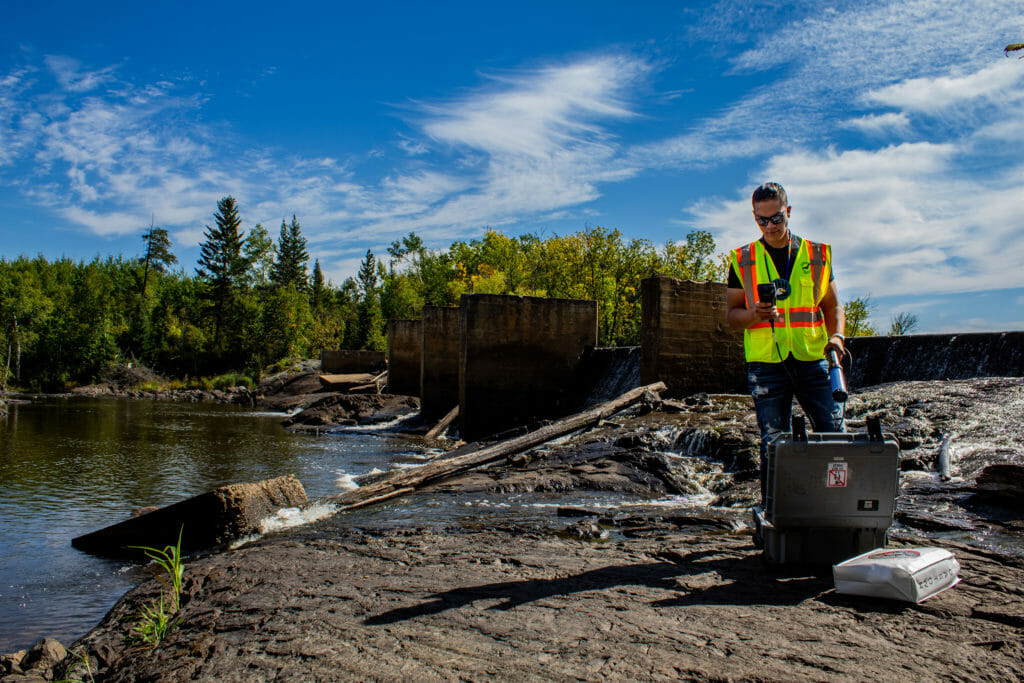
SCO’s membership in these organizations provides opportunities for First Nation knowledge and history to be included in discussions on watershed planning. It also allows for participation in discussions surrounding regulations and governance of water quality and watershed health, watershed management, source water protection initiatives, floodplain management, drainage and the water quality and health of water in southern Manitoba, which includes all the major streams, rivers and lakes, all of which are of vital importance to SCO-member Nations and issues which disproportionally affect First Nation people.
SCO and member First Nations participate in the following organizations:
International Joint Commission
Assiniboine River Basin Initiative
Manitoba Watershed District Program
Source Water Protection
A major component of watershed management, and the first step to ensure safe healthy water, is protecting the local water source and supply. As part of SCO’s Water Authority initiative, SCO will be engaging its member First Nations in developing and implementing a source water protection planning process to ensure the future use and protection of drinking water sources from overuse and contamination. SCO will be engaging with its member communities to develop watershed health reports and identify sources of concern within the watershed.
Fisheries
First Nations have relied on a healthy fishery to sustain their families since time immemorial. Fishing promotes healthy family connections and activities, and is more than the act of harvesting fish for food – it is teaching and talking about fish, the water sources, and the many related activities that impact First Nation rights and cultures.
In many First Nations, fishing is a key activity in transmitting cultures and languages. Fishing is an important part of trade, labour, and the economy and helps to shape identity and promote mental, physical, and spiritual health. Sustainable, strong fishery economies and water and environmental protection fosters strong individuals and Nations, and First Nations in Canada have inherent and Treaty rights protected in the Canadian Constitution. These include the right to traditional and customary governance of traditional lands, waters and resources, including fisheries.
Management of these resources has historically been undertaken with little to no consideration of First Nation Treaty and harvesting rights. Recent government action and decisions attempting to limit historical access to fisheries have only compounded this issue.
SCO is engaging different levels of government regarding setting new standards and regulations that govern fishing. All levels of government repeatedly fail to acknowledge or incorporate Traditional First Nations Knowledge and history when creating or developing plans to regulate fisheries.
SCO is determined to provide a consistent and strong voice when advocating with governments concerning First Nation rights with respect to fishing. SCO will be consulting with its member First Nations about their traditional territory, to solicit Traditional Knowledge and history to inform government and influence governance decisions. SCO is determined to work with our sister Treaty organizations to ensure First Nation rights are represented and respected.


